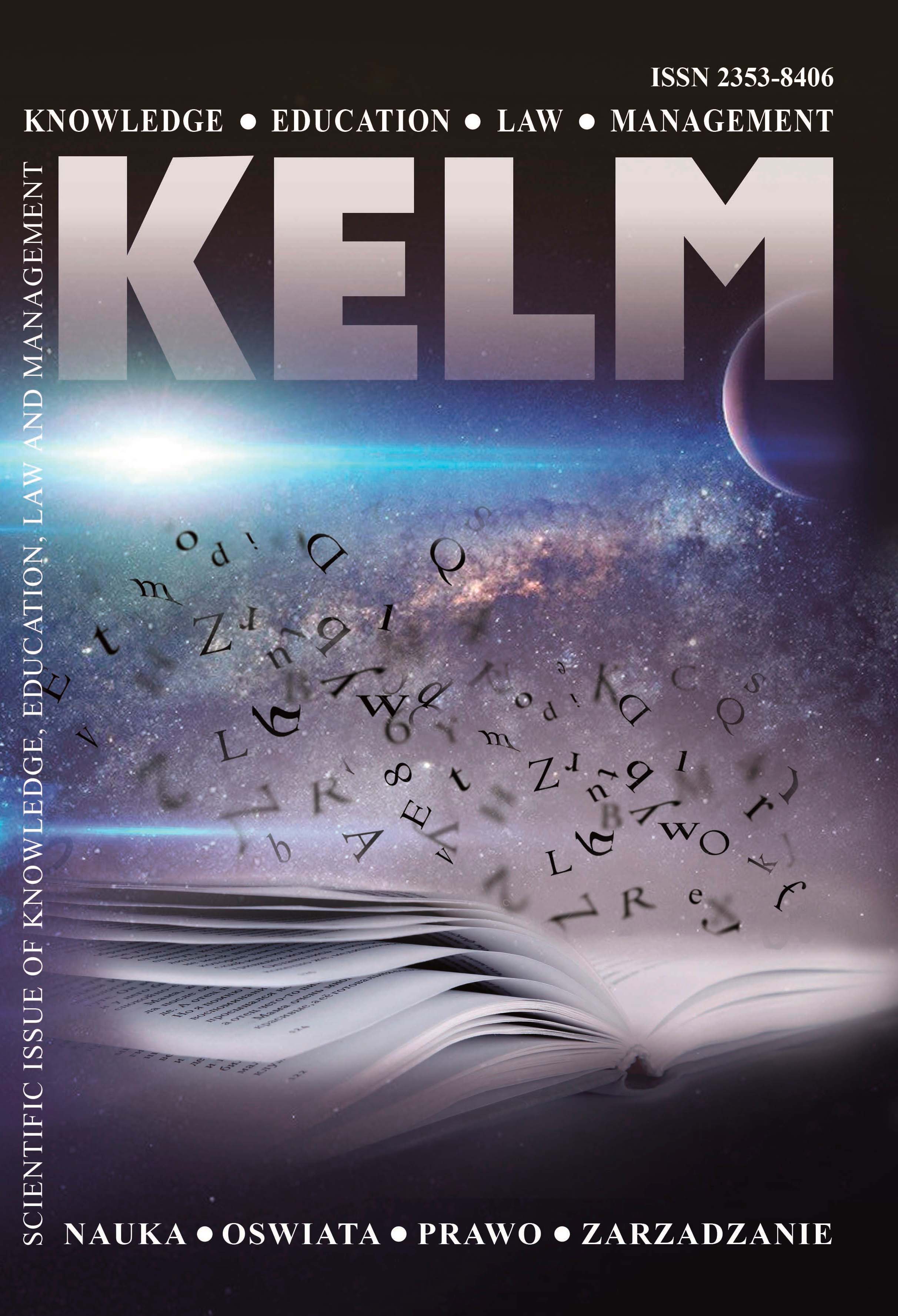Anotation. The article examines the role of authentic texts in teaching the Gagauz language as a foreign language. A classification of authentic materials is presented, while the functions they perform are considered, and their advantages as a valuable resource for teaching and independent work of students are highlighted. Methodological recommendations for the use of authentic materials are given. Particular attention is paid to determine the goals of using the authentic materials and the results of their systematic use in learning the Gagauz language. The use of authentic materials is necessary at all stages of learning a foreign language in all types of speaking activities, because the authentic texts are what allows you to join the natural language environment, introduce students to the culture and everyday life of the people for whom this language is native, and form students - future teachers of Gagauz language intercultural communicative competence.
Keywords: The article examines the role of authentic texts in teaching the Gagauz language as a foreign language. A classification of authentic materials is presented, while the functions they perform are considered, and their advantages as a valuable resource for teaching and independent work of students are highlighted. Methodological recommendations for the use of authentic materials are given. Particular attention is paid to determine the goals of using the authentic materials and the results of their systematic use in learning the Gagauz language. The use of authentic materials is necessary at all stages of learning a foreign language in all types of speaking activities, because the authentic texts are what allows you to join the natural language environment, introduce students to the culture and everyday life of the people for whom this language is native, and form students - future teachers of Gagauz language intercultural communicative competence.
USING AUTHENTIC TEXTS WHILE LEARNING A FOREIGN LANGUAGE (ON THE EXAMPLE OF THE GAGAUZ LANGUAGE)
Fedora Arnaut, Kateryna Teleshun
Fedora Arnaut, PhD, Associated Professor of the Department of Turkology Educational and Scientific Institute of Philology Taras Shevchenko National University of Kyiv (Kyiv, Ukraine)Kateryna Teleshun, PhD, Associated Professor of the Department of Turkology Educational and Scientific Institute of Philology Taras Shevchenko National University of Kyiv (Kyiv, Ukraine)
ORCID ID: 0000-0001-7291-0239; ORCID ID: 0000-0003-0091-8252
